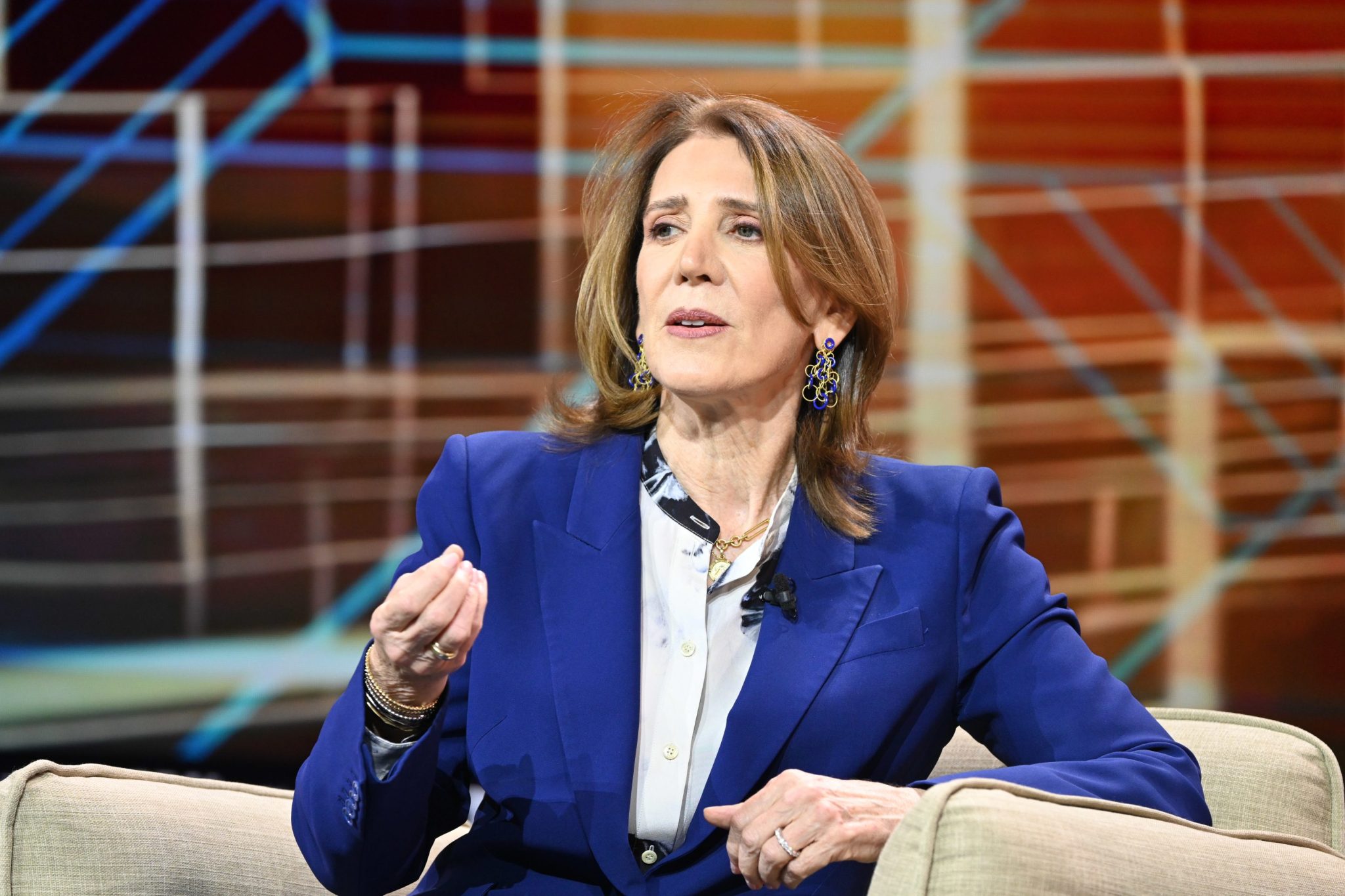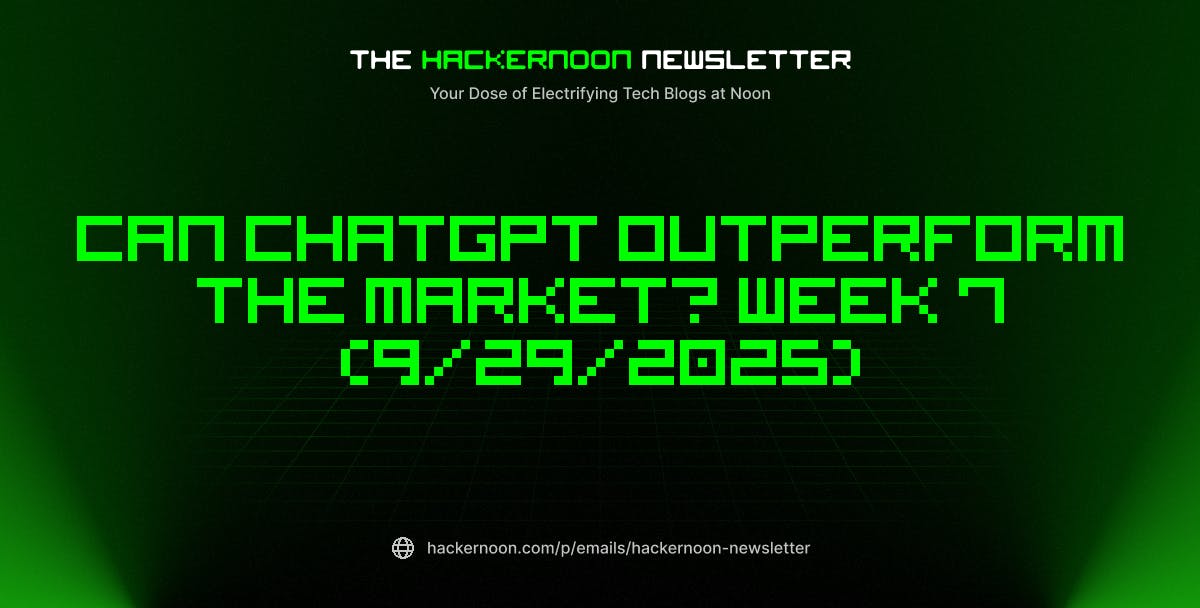Google’s Ruth Porat: To unlock AI’s upside, rethink every process


Good morning. Ruth Porat, Alphabet and Google’s president and chief investment officer, is a former longtime CFO who is strategically evaluating what’s needed for AI to drive economic uplift.
“I think we are living in an extraordinary time, and I think of it as a time where there are two speeds,” Porat said during a panel session at the Fortune Global Forum on Sunday in Riyadh, Saudi Arabia.
One speed, she explained, is the pace of change, breakthroughs, and scientific discovery. The other is slower—the pace of adoption.
“That’s the speed of adoption in a truly substantive way, so that each one of us can experience the economic uplift that AI offers,” Porat said. She added, “The upside from AI does require a fundamental rethink of every process.”
Porat noted that while working on chatbots can be useful because it gets organizations thinking about the AI journey, “it shouldn’t stop there.” The big question, she said, is: What does AI mean for my country and for my business?
Porat served as CFO of Alphabet and Google beginning in May 2015 and was promoted to president and chief investment officer in September 2023. She continued as CFO concurrently until her successor, Anat Ashkenazi, was appointed in July 2024. In her current position, Porat regularly engages with policymakers and regulators and plays an influential role in shaping the dialogue around AI’s impact on companies, governments, and the U.S. position in the world.
‘The real promise of AI’
During the panel, Barclays Group CEO C.S. Venkatakrishnan said that realizing the promise of AI requires “fairly large commitments—financially and otherwise—and you need to work with partners you can trust, who will help you through the teething troubles.”
“The real prize is changing business processes end to end using AI,” Venkatakrishnan said. Barclays is already seeing the benefits of AI in customer service and document management, but “we’re still at the tip of the spear—there’s a lot more to be done,” he added.
Venkatakrishnan said leaders’ responsibility is not just to use AI for productivity, but to empower people to take on bigger, more interesting, and more valuable work. “That is the real promise of AI,” he said.
Don’t lose sight of the human element
Saudi Arabia’s minister of investment, Khalid Al-Falih, shared what he’s hearing from companies around the world about how they’re navigating global economic complexities. “I believe people are looking for partners they can trust—partners who are not short-term or transactional,” he said.
Al-Falih added that both governments and companies want to ensure their capital and resources are allocated not only to technology, but also to talent. Despite all the focus on technology, the human element remains essential, he said.
Investing in skills and infrastructure
Porat agreed with Al-Falih that executing AI responsibly is key to ensuring everyone benefits from its upside. “A core part of any strategy must include training, education, and skilling,” she said.
She added that investment in energy, infrastructure, and grid modernization will support AI expansion. “There are 2,500 gigawatts of energy in development in the U.S. waiting to get on the grid,” Porat said.
And there’s a shortage of electricians in the U.S., so Google created a training program, she said. Google also announced last week its first carbon capture and storage project, and the company is advancing its work in nuclear energy as well, Porat added.
The challenge for leaders as AI enters its next chapter will be not just harnessing its power, but ensuring its benefits are shared among workers, companies, and economies alike.
Sheryl Estrada
sheryl.estrada@fortune.com
***Upcoming Event: Join us for our next Emerging CFO webinar, Optimizing for a Human-Machine Workforce, presented in partnership with Workday, on Nov. 13 from 11 a.m. to 12 p.m. ET.
We’ll explore how leading CFOs are rethinking the future of work in the age of agentic AI—including when to deploy AI agents to accelerate automation, how to balance ROI tradeoffs between human and digital talent, and the upskilling strategies CFOs are applying to optimize their workforces for the future.
You can register here. Email us at CFOCollaborative@Fortune.com with any questions.
Leaderboard
Elijio Serrano, SVP and CFO of TETRA Technologies, Inc. (NYSE: TTI), is retiring, effective March 31, 2026. Upon his retirement, Serrano will be retained as an advisor to Brady Murphy, CEO and president. Matt Sanderson was promoted to EVP and CFO, succeeding Serrano. Sanderson is currently EVP and chief commercial officer, having joined TETRA in November 2016.
Mark Spring was appointed CFO of Artelo Biosciences, Inc. (Nasdaq: ARTL), a clinical-stage pharmaceutical company, effective November 1. Spring had been serving as a financial consultant to the company since December 2024. He recently served as interim CFO for LENZ Therapeutics through its reverse merger transaction and was co-founder and CFO of Secura Bio. Spring also served as CFO for Hyperion Therapeutics, Prometheus Laboratories, Veracyte, Sotera Wireless, and Genoptix.
Big Deal
McKinsey’s sixth annual corporate venture building report, released this morning, draws on research from more than 700 business leaders across 66 countries. The timing and level of investment needed to build a value-generating venture vary depending on the type of asset at its core. Nearly one-third of respondents said their new ventures focused on data or intellectual property broke even with investments of less than $1 million. By contrast, far fewer said ventures centered on physical products reached breakeven with investments under $1 million, according to the report.
The researchers also found that among respondents whose companies built on proven concepts, two-thirds reported above-average organic growth relative to their industries. For incumbents, adopting a successful startup business model can be an effective strategy for scaling new ventures quickly.
Going deeper
“The FOMO-fueled gold bubble may now be turning into a ‘mini-bust,’ analysts say” is a Fortune report by Jason Ma.
From the report: “Gold prices continued to decline Monday while stocks galloped to fresh record territory, stirring doubts about the precious metal’s massive rally. Until a few weeks ago, gold looked unstoppable as it blew through record high after record high and at one point was up more than 60% for the year. But since peaking earlier this month, prices are down 9%, hovering around $4,000 per ounce.” Read more here.
Overheard
“I think it’s maybe understatement of the century to say that global trade is facing the greatest disruption in 80 years.”
—Dr. Ngozi Okonjo-Iweala, the director-general of the World Trade Organization, said at the Fortune Global Forum in Riyadh on Monday.




